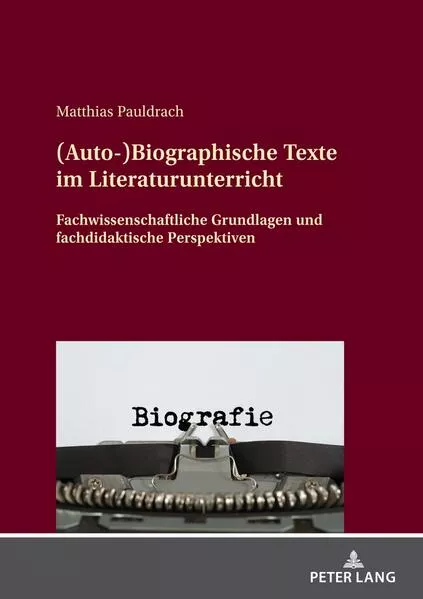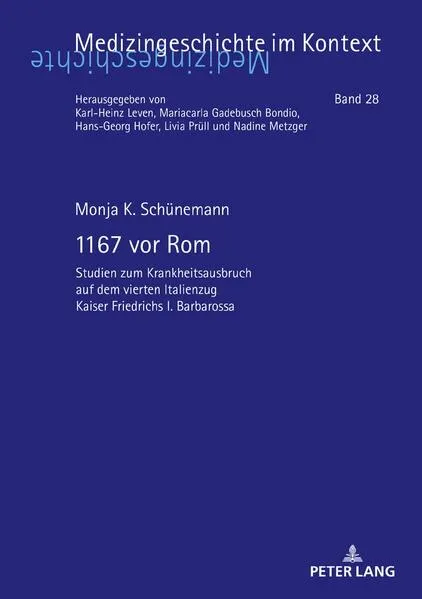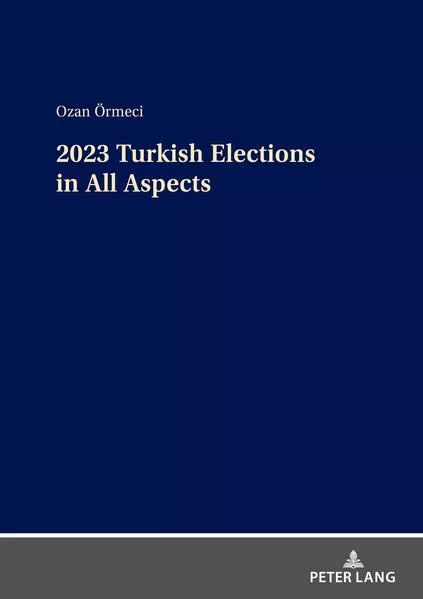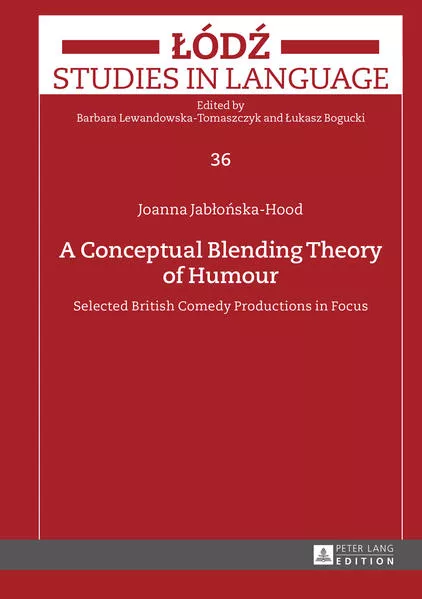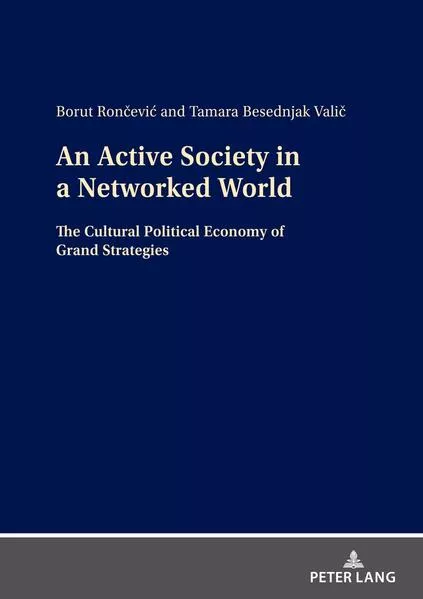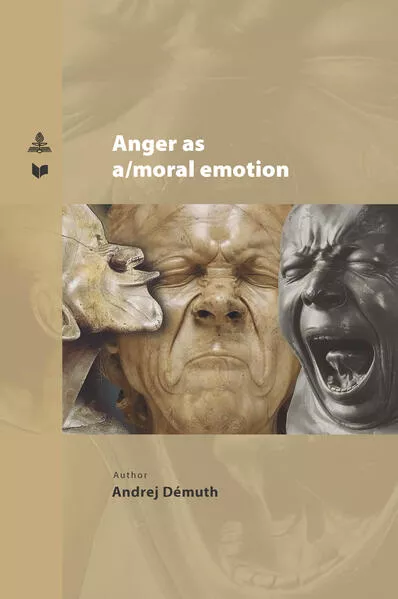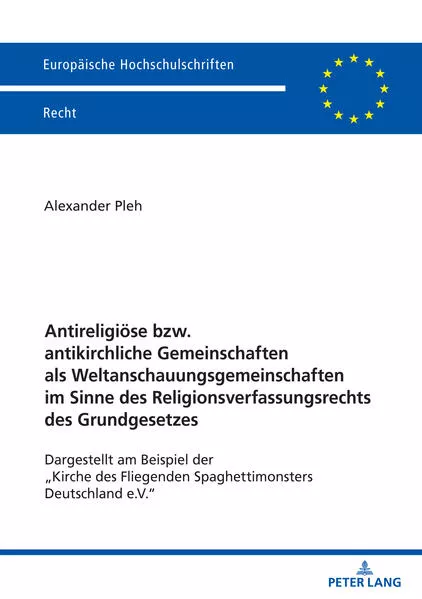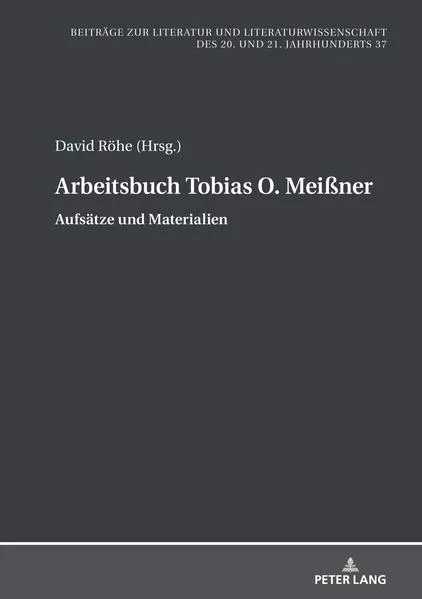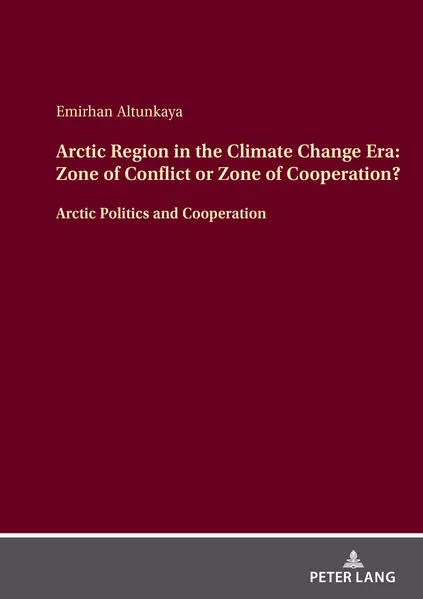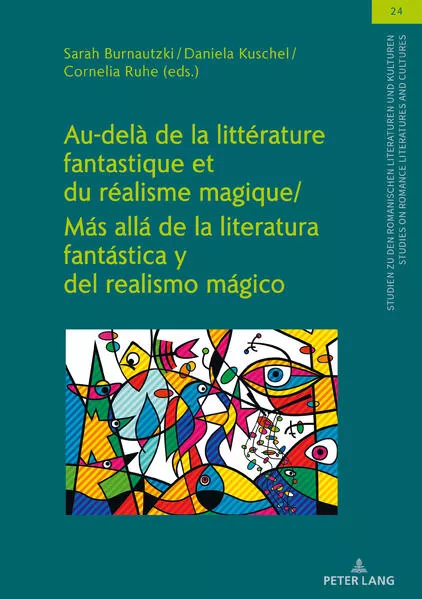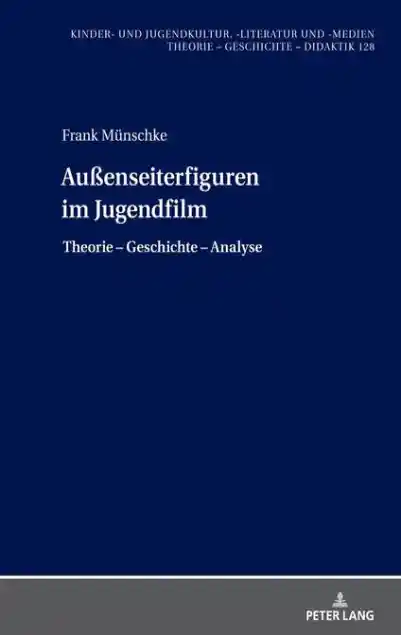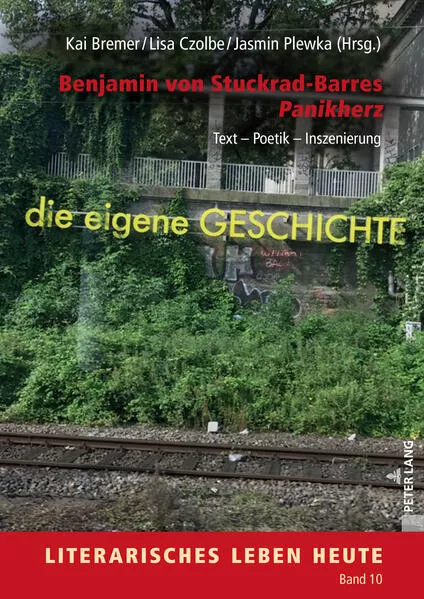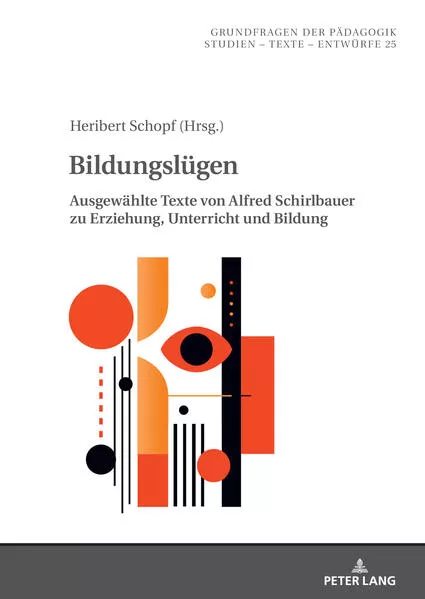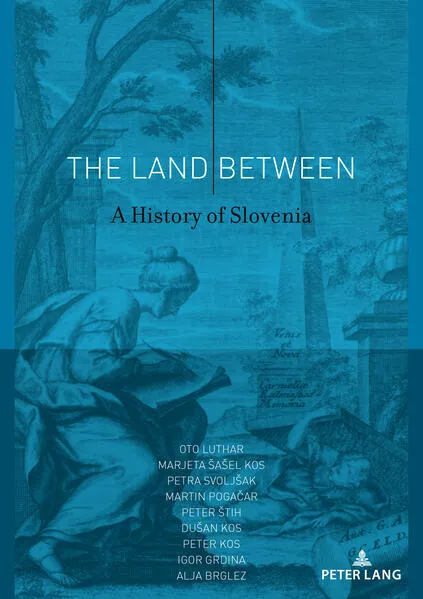
The Land Between
A History of Slovenia
Dejan Djokić, historian, National University of Ireland, Maynooth
A study which makes the reader feel and understand that since the end of the Cold War there is a new lease of life for Central Europe. The former borderlands between East and West construct their new identities. Slovenia is one of the most successful new democratic societies in the middle of Europe. This book is an excellent history of Slovenia which maps the narrative of a small European people without falling into the traps of national mythmaking. Writing about a small European country with two million inhabitants which crave for Central European, Mediterranean and Balkan traditions at the same time is no simple task. The book makes fine reading for everybody interested in understanding the fascinating and creative complexities in the heart of Europe. Highly recommendable for history lovers and historians alike!
Emil Brix, historian and ambassador, Director of the Diplomatische Akademie
Wien – Vienna School of International Studies
The book presents a concise and intelligible history of the Slovenes. The authors take into due consideration the history of the territory between the Eastern Alps and the Pannonian Plain, starting with the period that began long before the first Slavic settlements. Thus, they wish to emphasize that the Slovenes’ ancestors did not settle an empty territory, but rather coexisted with other peoples and cultures ever since their arrival in the Eastern Alps. This has enabled them to build a community shaped by countless influences stemming from a long period of living alongside German, Romance, and South Slav neighbors in a melting pot of languages, cultures, and landscapes.
The same reasons have most probably also contributed to the perception of their land as a “land in between.” Constituting a link between Eastern and Western Europe, Slovenia has recently also been increasingly perceived as the meeting point of Central Europe and the Balkans. Today, history still occupies the central position in the life of the Slovenes. The heroic period of emancipation has been completed and the Slovenes will be bracing themselves for a no less turbulent period of challenging “essentialist” notions of identity in order to create a thoroughly open society.
Unterstütze den lokalen Buchhandel
Nutze die PLZ-Suche um einen Buchhändler in Deiner Nähe zu finden.
Bestelle dieses Buch im Internet
| Veröffentlichung: | 26.03.2024 |
| Höhe/Breite/Gewicht | H 21 cm / B 14,8 cm / 860 g |
| Seiten | 622 |
| Art des Mediums | Buch [Gebundenes Buch] |
| Preis DE | EUR 109.95 |
| Preis AT | EUR 112.10 |
| Auflage | 1. Auflage |
| ISBN-13 | 978-3-631-91046-7 |
| ISBN-10 | 3631910460 |
Über den Autor
Oto Luthar is a historian and director of the Scientific Research Center of the Slovenian Academy of Sciences and Arts (ZRC SAZU), and a member of its Institute of Culture and Memory Studies. He is the author of the chapters "Divided by the Great War," "The Making of the New State," "The Kingdom of Serbs, Croats and Slovenes," "Dictatorship and the Turmoil of the 1930s," "A Nation Torn Apart: World War II in Slovenia," "The Establishment of the ‘New Order’," "The First Five-year Period and Self-management," and "‘Liberals’ vs. ‘Conservatives’."
Marjeta Šašel Kos is a Senior Research Associate (for epigraphy and ancient history, retired since 2021) at the Institute of Archaeology, ZRC SAZU. She is the author of the chapters "Prehistory: History Created by Archaeology" and "The Roman Empire: Conquest and Pax Romana."
Petra Svoljšak is a historian, research advisor and head of the Milko Kos Historical Institute, ZRC SAZU and a lecturer at the Postgraduate School ZRC SAZU. She is the author of "French Rule," "The Pre-March Era, the Time of Non-freedom," "The Year of Freedom, the 1848 Revolution, and United Slovenia," "The Slovenes in the Constitutional Era," "Unity and National Existence," "In the Shackles of Political Parties," and "The Other Side of History."
Martin Pogačar is a Research Fellow at the ZRC SAZU’s Institute of Culture and Memory Studies. He is the author of the subchapter "Punk Rock, the Alternative, and Political Appropriations."
Peter Štih is a Professor of Medieval History and Auxiliary Sciences of History at the Faculty of Arts, University of Ljubljana, President of the Slovenian Academy of Sciences and Arts, Member of the European Academy of Sciences and Arts, and Corresponding Member of the Austrian Academy of Sciences. He is the author of "The Early Slavs" and "The Carolingian Period in the 9th Century."
Dušan Kos is a historian and Senior Scientific Associate at the Milko Kos Historical Institute, ZRC SAZU. He is the author of "From Autonomy to the Unification of the Alpine and Danube Basin Regions" and "‘Tres Ordines Slovenorum’: Society, Economy, and Culture."
Peter Kos is a Senior Research Associate and Professor of numismatics at the Department of Archaeology, University of Ljubljana (since 2019 retired). He is author of the chapter "From the Marcomannic Wars to the Settlement of the Slavic Tribes."
Igor Grdina is a historian and Slovenist, and a member of the Institute of Cultural History at the ZRC SAZU. He is the author of "The Stars of Celje," "The bloody Fall of the Middle Ages," "From Humanism to Reformation," "From Counter-Reformation Rigor to Baroque Exuberance," and "Scholars, Officials, and Patriots Changing the World."
Alja Brglez is a historian and historical anthropologist, one of the founders of the Institute for Civilization and Culture in Ljubljana. Currently, she serves as a Head of the Cabinet of the President od the Republic. She is the author of "Reorganization of the Marches and a Shift of Ethnic and Language Borders" and "From Crisis to Conflict and Beyond."
Diesen Artikel teilen
0 Kommentar zu diesem Buch
.... weitere Publikationen von Peter Lang GmbH, Internationaler Verlag der Wissenschaften
Echo aus dem Eis: Band 2 der Northern-Drift-Reihe - Aviation-Mystery in Eis und Dunkelheit
Bewerbungsfrist bis zum: 03.03.2026



